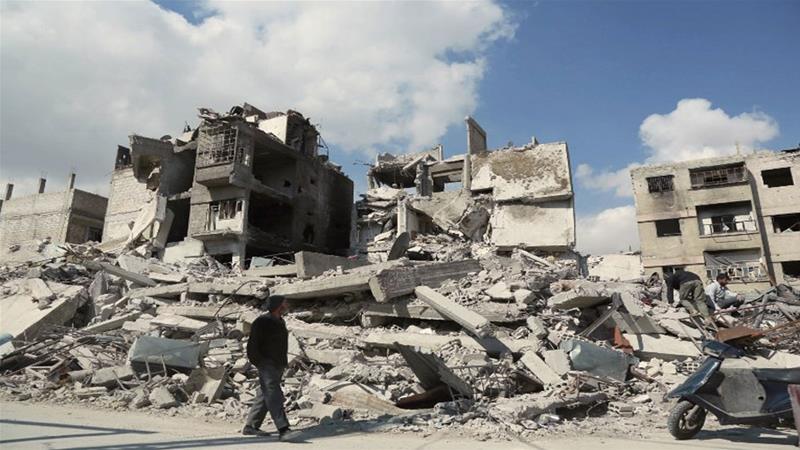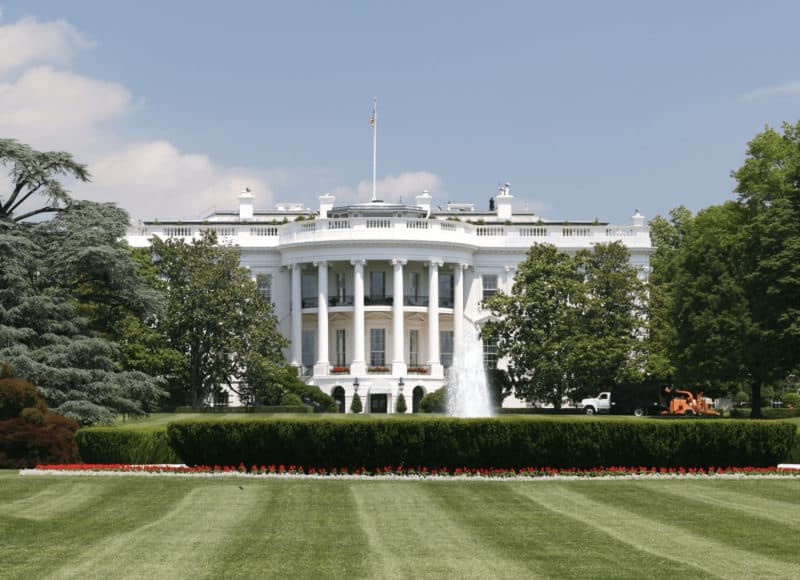I never thought Donald Trump would be a great leader, nor did I think he would be elected. I could not fathom an inexperienced celebrity billionaire securing the highest office of the world through lowbrow insults. I was puzzled at the idea of a 21.6-billion-dollar wall being approved of by fiscally conservative voters. I couldn’t help but laugh at his pledge to impose a 45% tariff on Chinese imports. After waking up last November 9th, I worried about a lot of things. But I could rest easy knowing the American craving for regime change was finally coming to an end.
That optimism was shattered on Thursday when Trump ordered his Mediterranean fleet to fire dozens of cruise missiles on a Syrian airfield. This was a response to a government airstrike within the rebel-held province of Idlib days earlier, which led to 86 deaths and injuries of hundreds by exposure to a nerve agent. Footage of paralyzed victims with foaming mouths once again dominated television screens for the following days. Though the Syrian government claimed their airstrike hit a rebel stash of chemical weapons, major news networks reported President Assad’s responsibility as if it were a validated fact. Without an investigation, the Trump administration levelled the airfield where this alleged chemical attack was staged.
Memories of the 2013 Ghouta chemical attack were vividly reflected upon. The media response was virtually identical, but the White House reaction was far more tempered. Though the past eight years were a foreign policy nightmare for America and the world, President Obama at least consulted Congress and the public before attempting to launch a retaliatory strike against Syria. This buffer period gave time for a UN investigation and a Russian diplomatic solution. It’s depressing that I find myself nostalgic for Obama’s formalities.
It’s hard to believe that footage of dying children gave President Trump a change of heart. As Congress pondered the Syrian strike in 2013, Trump unleashed a series of tweets criticizing the Democrats for even considering retaliation. During the primaries, Trump mercilessly attacked fellow Republican contender Jeb Bush for his brother’s failures in Iraq. At the second Presidential debate, Trump antagonized Democratic nominee Hillary Clinton for promoting regime change in Libya and Syria. But with the Oval Office secured, Trump’s foreign policy has reverted to the usual Republican methods.
What I find most disheartening is the American people had no choice in the matter. Clinton made her foreign policy objectives abundantly clear while on the campaign trail. Promises of a no-fly-zone over Syria and a tough stance against Putin and Assad raised red flags for many American voters. Seeing Clinton as a continuation of Obama’s foreign endeavours, a wide demographic of political identities turned to Trump as a way to reverse the trends of the past two presidencies. Since Thursday’s revelation, it is clear that a strike on the Assad government was inevitable regardless of the election outcome.
As a best-case scenario, this strike was a public relations stunt meant to distance Trump from the Kremlin while displaying military bravado. But talks of sanctions against Russia and naval manoeuvres in the Korean peninsula point to a renewed standard of diplomatic protocol. After making an example of Assad, Trump appears to be sending this same message to North Korea, Iran, and their allies. Though the situation appears to be slowly cooling off, we are just less than three months into a long four-year term.














